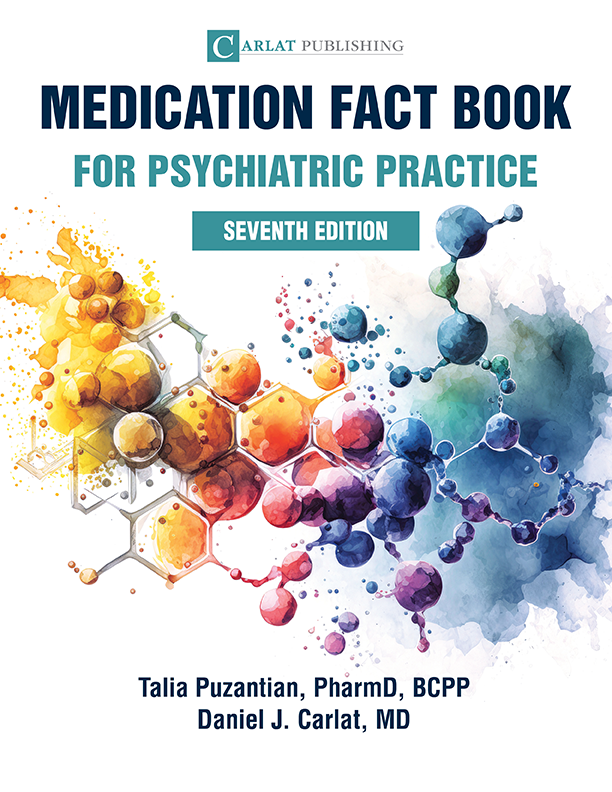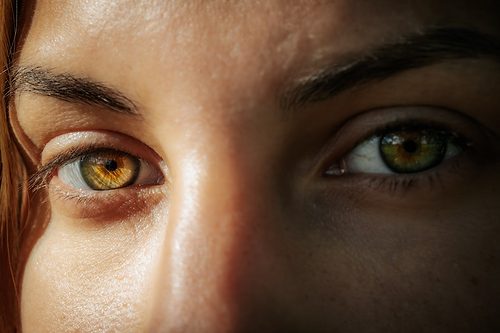General Psychiatry
Varying symptom profiles of depression correlated with specific triggering events
Rebecca W. Brendel, MD, JD
Read More
Topiramate (Topamax) is somewhat effective for alcohol dependence, but heavy on side effects
Rebecca W. Brendel, MD, JD
Read More

_-The-Breakthrough-Antipsychotic-That-Could-Change-Everything.jpg?1729528747)



